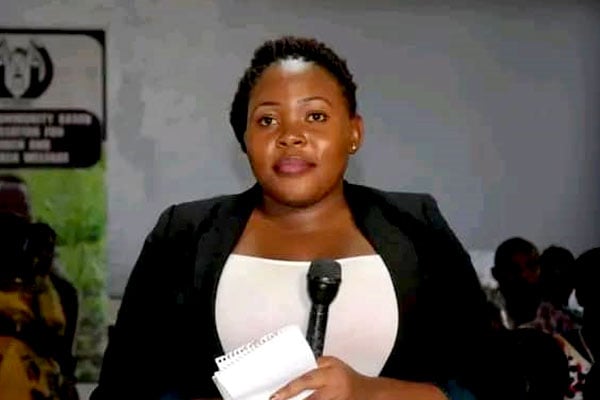Govt reveals plans to revive Land Fund

Lands Minister Judith Nabakooba (left) and her junior colleague Persis Namuganza at the thanksgiving in Kalangalo Village, Mityana District, on January 2, 2023. PHOTO/ BARBARA NALWEYISO
What you need to know:
- The Fund has been in place for about 20 years but had been halted due to funding gaps.
- about land fund
The Uganda Land Fund has in the past benefited areas where the landlords were paid off by government for permanent settlement of the landless as per the Land Act 1998. - Central Uganda contributes more than 80 percent of the land ownership wrangles as a result of the complicated land tenure system, according to the Ministry of Lands.
Thousands of Bibanja owners and landlords embroiled in ownership wrangles across the country are relieved after it emerged government plans to operationalise the Land Fund in the next Financial Year.
Under the Land Fund, government buys land from landlords where it resettles Bibanja holders in selected parts of the country. The Fund has been in place for about 20 years but had been halted due to funding gaps.
But according to Lands Minister Judith Nabakooba, the rising land ownership challenges, especially in central region, have prompted the need to revive the Fund.
“This will be in line with the presidential directive to have funds to pay off the willing landlords in areas that have the land ownership challenges,” she said.
Ms Nabakooba revealed this during the end of year thanksgiving ceremony she organised at her home in Katakala Village, Mityana District, on Monday.
The minister, who was flanked by State Minister for Lands Persis Namuganza, also said her ministry is working with the Constitutional Review Commission to come up with a policy that will guide land ownership.
“The land tenure system needs a review because the land act does not give clear land ownership guidelines; that possibly explains the unending challenges,” Ms Nabakooba said.
Mr John Fisher Kasenge, a commissioner at the Uganda Land Commission, said the process of identifying the landlords embroiled in wrangles with tenant groups is underway.
“We are now rallying the landlords that are willing to have their respective land bought by government to register with the Uganda Land Commission. It is unfortunate that the Uganda Land Fund does not have its own operational Account. The funds used are from the Uganda Land Commission,” he said.
Mr Kasenge revealed that government through the Land Fund has over the years acquired 260 square miles of land from the different landlords in the different parts of the country.
He also revealed that in 2017, government halted allocations to the fund on the advice of then Secretary to the Treasury Keith Muhakanizi.
This was after the debt owed to the fund had shot to about Shs170b and could be higher than this figure presently. Ms Namuganza revealed that once the country overcomes the land ownership challenges, the planning process for the different housing projects will be easily implemented.
“We have a poor household planning programme and are currently ranked second to Angola in terms of poor housing programme. We are on the world map for this mess,” she revealed.
However, the minister said government has partnered with the private sector to support Ugandans in acquiring standard houses at affordable rates.
“We shall be able to have housing plans that are as low as Shs10,000 for the rural communities while the urban areas will have slightly higher but affordable housing plans,” she said.
About land fund
The Uganda Land Fund has in the past benefited areas where the landlords were paid off by government for permanent settlement of the landless as per the Land Act 1998. Central Uganda contributes more than 80 percent of the land ownership wrangles as a result of the complicated land tenure system, according to the Ministry of Lands.






